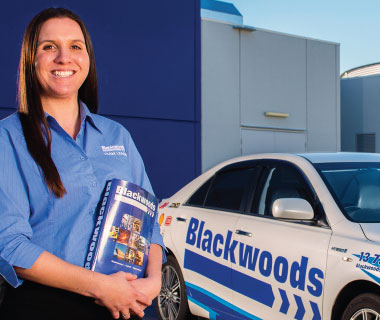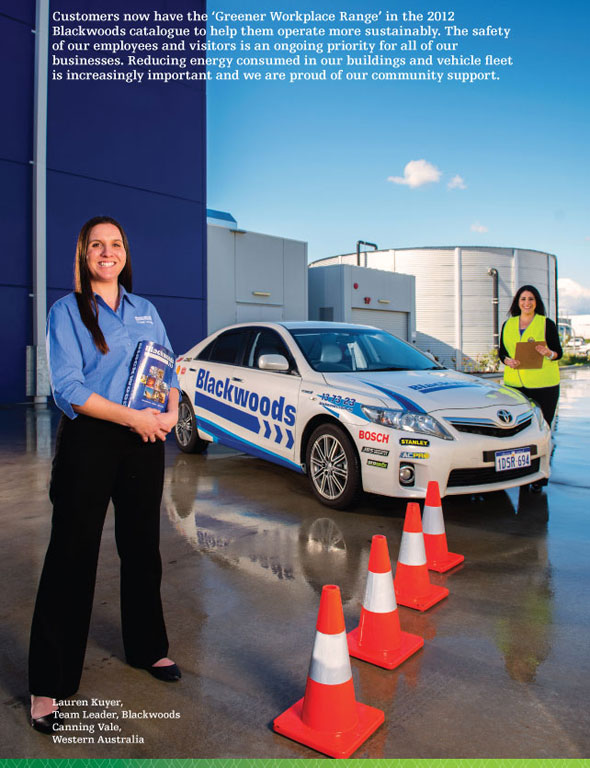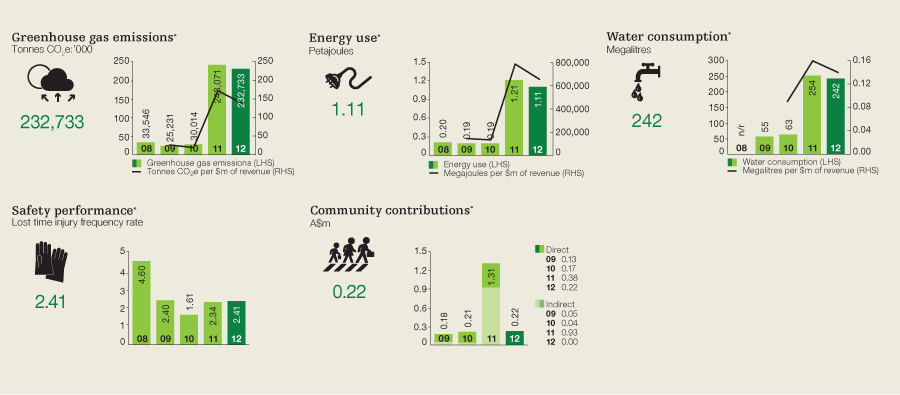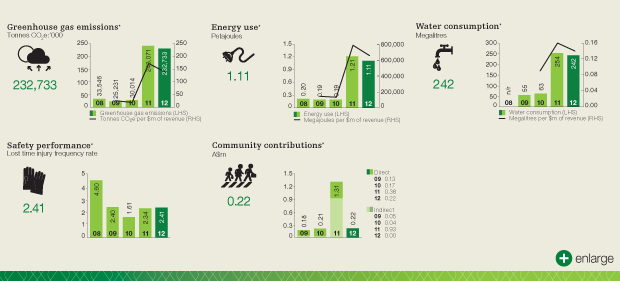Safety
Our safety culture was reinforced with the number of internal safety audits increasing by 41 per cent (to more than 1,000) compared to the previous reporting period, including 70 audits by the Executive Leadership Team.
Our total recordable injury frequency rate (TRIFR) improved to 24.7 for the year from 27.8 in the previous reporting period, which aggregates the frequency rates for medical treatment injuries (MTIFR) and lost time injuries (LTIFR). LTIFR was 2.41 for the year, which is an increase from 2.34 for the previous year. The leadership team reviews safety incidents, corrective actions, and key safety performance indicators on a monthly basis to ensure that all of our businesses are safe places to work.
During the year, we implemented priority safety initiatives including outcomes from the ForkSafe project that engaged operational team members from select warehouses to roll out updated procedures and training for mobile equipment operators. We revised the safe operating procedure for storing goods at height, retrained key employees and developed weekly and daily inspection programs. We also reviewed the safety risks of employees temporarily working overseas, including notifications of emergencies, driving vehicles and travel insurance. Our emergency response and business continuity processes were reviewed during the reporting period. We also rolled out a national flu vaccination program for employees in Australia.
Training
We continued to provide employees with training and development opportunities. During the reporting period, there were 56 new online courses made available to our employees, bringing the total number of courses available to 138. In addition, more than 7,000 online training sessions were completed during the year by employees.
We had more than 490 employees participate in instructor-led training courses covering sales, first aid, forklifts, hazard management and safety training. We also ran internal development programs focused on business, project management and commercial skills for 113 high potential employees during the reporting year. We continue to support employees completing Certificate III and IV qualifications in transport and logistics and frontline management.
Diversity
Growth through a diverse workforce remains a priority for our business, with a range of diversity strategies that focus on women (especially in leadership positions), age diversity, and Indigenous people.
During the year, we focused on recruiting Indigenous employees and on improving cultural awareness of team members, including senior management, through implementation of the Aboriginal and Torres Strait Islander Strategy supported by a dedicated steering committee.
We also conducted the second female employee survey to better understand female perspectives in our business. The annual employee survey measured the opinions of employees on a broad range of topics including leadership, teams, business objectives, and our work environment.
To assist people with a disability or who are returning to work after injury, some of our branches worked with CRS Australia, a leading provider of disability employment and assessment services for people with a disability, injury or health condition.



